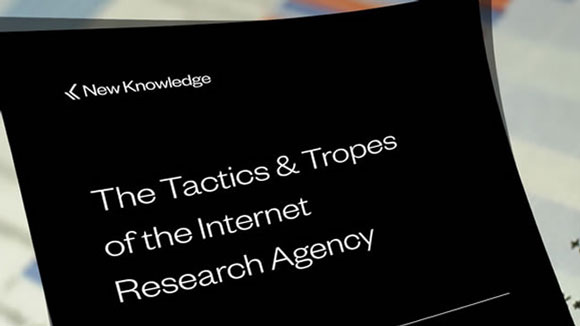The STEM to Success Pipeline: Investing in Youth and Their Future
 Warren E. Logan, Jr.
Warren E. Logan, Jr.
President & CEO, Urban League of Greater Chattanooga
Twitter: @ulchattanooga
Chattanooga, Tennessee’s fourth largest city, struggles with the same challenges other urban communities and public schools face across the nation—serious achievement gaps and inequities in education for minority and low-income students. In 2008, the Urban League of Greater Chattanooga responded to these challenges by securing a multi-year state grant to launch the Science Technology Engineering and Mathematics (STEM) Academy, a dynamic after-school and summer academic enrichment program for minority and low-income students attending some of the lowest performing inner-city schools in our community. Our vision was to reduce achievement gaps in science, math, and reading for at-risk students and inspire them to consider pursuing a STEM college and career pathway.
Impacting more than 1,100 students over the last decade, the STEM Academy has continued to evolve to meet the needs and interests of our students and the community. When we first started the program, we focused on providing interactive, research-based robotics enrichment using the LEGO Robotics and Vex Robotics curricula. Working in partnership with the Volkswagen of Chattanooga assembly plant, we began offering an annual robotics competition to provide students an opportunity to put their learning into action and compete with their peers. In 2015, we continued to expand the STEM Academy by integrating hands-on coding experiences using Scratch Ed, which provides curriculum modules aligned with the Next Generation Science Standards to teach programming language, coding, and design. Because of our success with the STEM Academy, last year, we were one of three National Urban League affiliates chosen to participate in a pilot initiative to implement the Makers Project in our STEM Academy schools. Students used the Makers program materials and curriculum from Intel to explore the practical uses of technology and the environmental effects and implications of those technological advances.
By immersing students in hands-on learning that brings STEM to life, we have seen tremendous results. The program has documented a 50% post-program increase in students' interest in STEM-related careers and has improved academic achievement and preparation to pursue advanced math and science coursework in high school. In 2017, the robotics team at Tyner Academy, one of our STEM Academy partner schools, placed fifth out of 300 teams at a regional robotics competition held at Georgia Tech.
At each stage of our journey, we have remained steadfast in our commitment to level the playing field for at-risk minority youth in Chattanooga. As we look ahead to the future, we have ambitious plans to expand the impact of our STEM Academy and the Makers Project in order to reach more students in our community and to help uncover hidden STEM talents and interests that too often go undiscovered for at-risk youth.


 Equality Index
Equality Index  Senate Report
Senate Report  2020 SOBA Essays
2020 SOBA Essays  2019 Report
2019 Report 